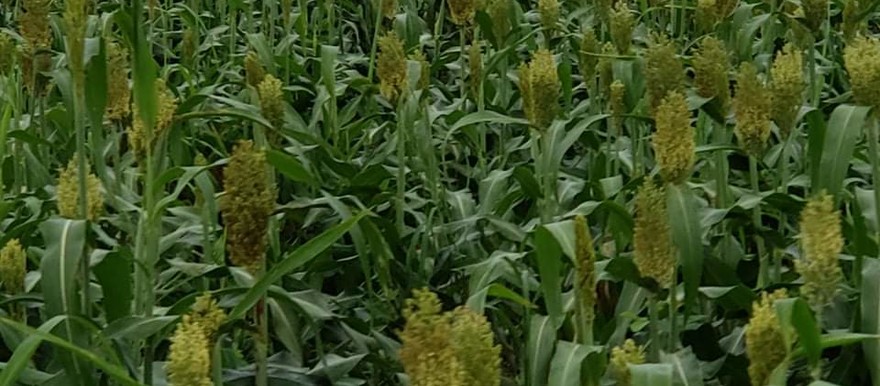A researcher and policy analyst in South Sudan is calling on the Bank of South Sudan to inject more cash into agriculture and the production sector in a bid to spur economic growth in the country.
South Sudan this week received 334 million dollars from the International Monetary Fund (IMF) as part of the general allocation of Special Drawings Rights (SDRs) approved by the IMF Board of Directors earlier this month. Dier Tong Ngor, the bank's governor said the money would be used transparently.
Over the past recent months, the Central Bank has auctioned millions of dollars into the market in a bid to stabilize the SSP rates against the USD and prices in the market.
Boboya James, speaking to Radio Tamazuj said it is high time the country's main financial institution injects such grants into the production sector.
“If the Bank of South Sudan wants to help the South Sudanese, they should use this money by investing into the production sector through agriculture as one of them so that farmers can get money and produce locally and sell their produce in local currency and the conversation on dollars will come down. The economy is improved when we produce but at the moment we don’t produce but we are pumping dollars into the market,” he said.
James said the country relies on importing food and essential commodities stressing that the government has a responsibility to set up industries for local production for export which in turn improves the country's Gross Domestic Product (GDP) which is the market value of all the finished goods and services produced within a country's borders in a specific time.
He further recommended that the government prioritizes the improvement or construction of roads in areas with potential agricultural production.
“There is need to spend more on roads which are agriculture potential and if there is need to map out areas with agricultural potential and even if the roads are not tarmacked those roads, there is need to work on the roads so there is accessibility to the farms and people bringing food produce to Juba so that our local farm products become more competitive to those goods coming from outside,” James added.
For her part, Josephine Lagu, the minister of agriculture and food security calls on the public and the private sector to invest in the development of the agriculture sector.
"Let us support the development of agriculture because if we do that in the next few years, it will help to contribute immensely to the Gross Domestic Product of the country and we are confident that as the peace stabilizes, the private sector will come to invest in the agriculture sector,” she said.
Josephine stressed that once the agriculture sector is improved, it will contribute to a diversified economy and the creation of job opportunities for the younger generation.
“We strongly believe that agriculture should be looked into as the engine of economic growth in the country. If we do that it will stimulate agri-business and agro-industries and this is a sector which will diversify the economy and provide job opportunities for the younger people,” Josephine stated.
Farmers across the country had decried insecurity, floods, and violent clashes as hindering the growth of agriculture in the country.




